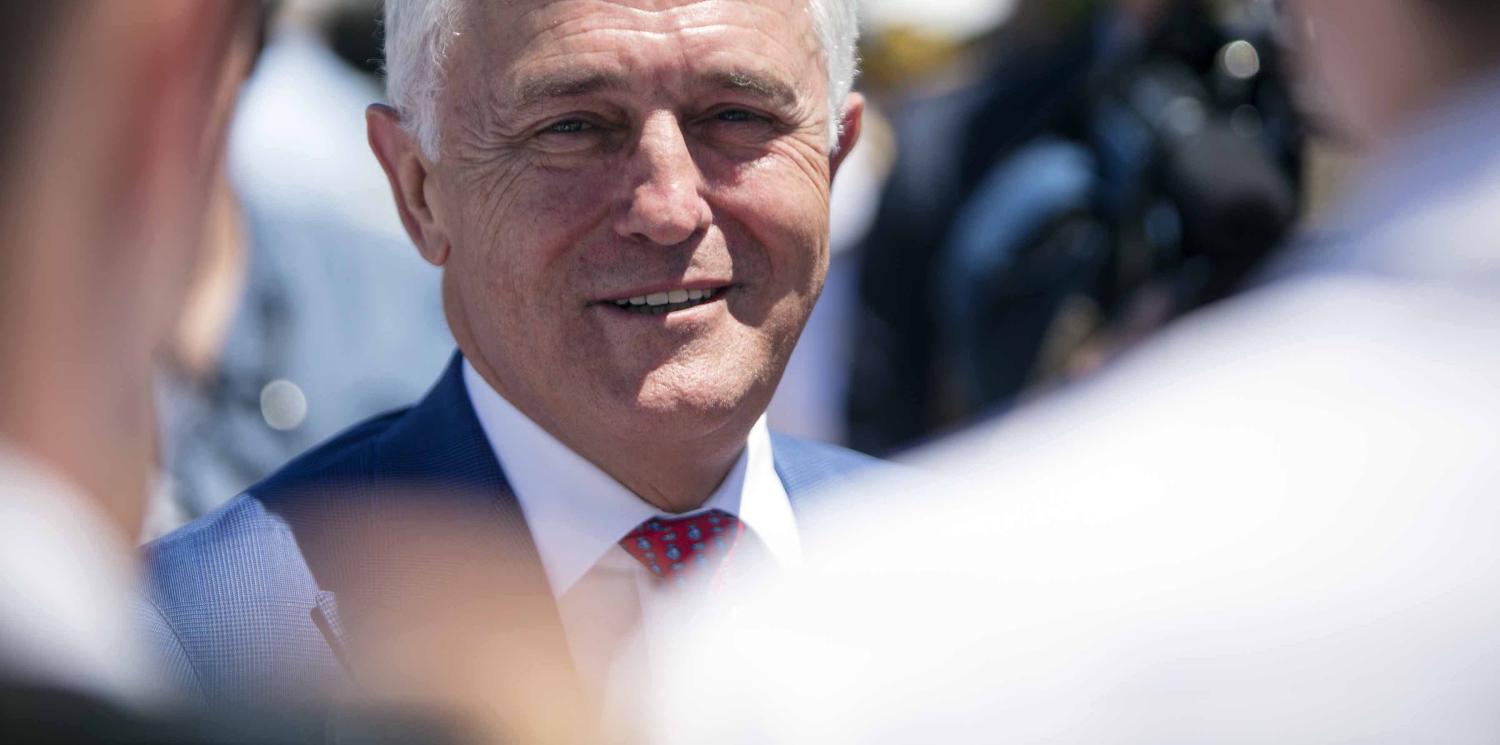How do you put a value on the Prime Minister’s time?
Maybe start with Malcolm’s Turnbull annual salary – $527,854 – and divide this figure by the number of minutes in a year? That’s roughly a $1 per minute.
Too low? Even allowing the PM time to sleep, this calculation seems to grossly undervalue the importance of his role in the Australian system of government, as a decision-maker upon which so many national projects, budgets, and other decisions hinge.
So maybe it’s better to ask the question another way. What common-wealth is derived from the Prime Minister’s time?
Yes, the headline gave it away. What I really want to know is how much valuable time Turnbull is wasting by flying halfway across the world to attend a moribund summit of 53 nations that share no true common objective?
The Commonwealth – “the most useless international institution to which any senior Australian political leader must commit time and energy”, as Allan Gyngell once pronounced in a stinging indictment.
Or Michael Wesley, more recently, on the Commonwealth Heads of Government Meeting (CHOGM):
Its bonds are not hard objectives of modern statecraft but a subterranean sentimentality of connectedness; it endures in its benignity because no one has the heart to kill it off.
The zombie summit that will not die.
Of course, this is not the view of officials who have carefully sought to craft an agenda for this latest meeting about to commence in London. Momentous times, and all that.
But for journalists on the summit trail searching for a story, it’s a pretty obvious sign a meeting has no truly important purpose when the biggest issue flagged for such high-powered talks is simply the news of the day.
“This trip comes at a crucial time”, declared the Prime Minister’s press release on Monday before jetting off. “Chemical weapons attacks in Syria and on the streets of England have sparked a strong and united response from Australia and our allies.”
And the plans for CHOGM itself?
I look forward to discussing how the Commonwealth can contribute to a fairer, more sustainable, secure and prosperous future. We will reinforce the global rules-based order and strengthen the resilience of our near neighbours in the Pacific.
We demand a lot from our leaders, but to foist CHOGM onto them really counts as a special type of punishment. One of the most pressing problems in the conduct of modern diplomacy is an already crowded summit schedule for heads of government.
Look what has changed in the years since CHOGM actually mattered. Unlike in decades past, Australia has demands at the G20 (this year in Buenos Aires), East Asia Summit (Singapore), APEC (Port Moresby), not to forget the General Assembly of the UN, which in truth is probably mostly forgotten, and the Pacific Islands Forum. Australia also made a big push a few years back to have the Prime Minister earn an invite to the biennial Asia-Europe Meeting (ASEM), only to never really show.
Add in an annual dash to Washington, trips around the neighbourhood to Tokyo, Wellington, Jakarta, or Beijing (when China is processing visas, that is), and any free time for the PM to engage in a gentle powwow about the vestiges of Empire seems to evaporate.
Although, I suppose Turnbull the Republican couldn’t resist the chance in London to chat about who should replace the Queen.
But for my dollar-a-minute, CHOGM represents a terrible waste. The organisation got only one lonely mention in the recent Foreign Policy White Paper and its soft power seems about as limp as the closing ceremony at the weekend in the Commonwealth Games.
If the ambitious hope is for the Commonwealth to act as a counterweight to China in Africa and the Pacific, the dismal contemporary failure of the organisation when confronted by the abuses of Robert Mugabe in Zimbabwe or Mahinda Rajapaksa in Sri Lanka have been forgotten.
It’s true that a Brexit Britain is angling for a Commonwealth revival, with new (non-democratic) members and even dreams of creating a free trade bloc. But to crawl back to the colonies having rejected the Eurozone speaks of desperation, not opportunity. Just read the view of Philip Murphy, director of the Institute of Commonwealth Studies when he points out: “If the Commonwealth is the future, then we’re in even more trouble than I thought.”
CHOGM is still a diplomatic dead end.

